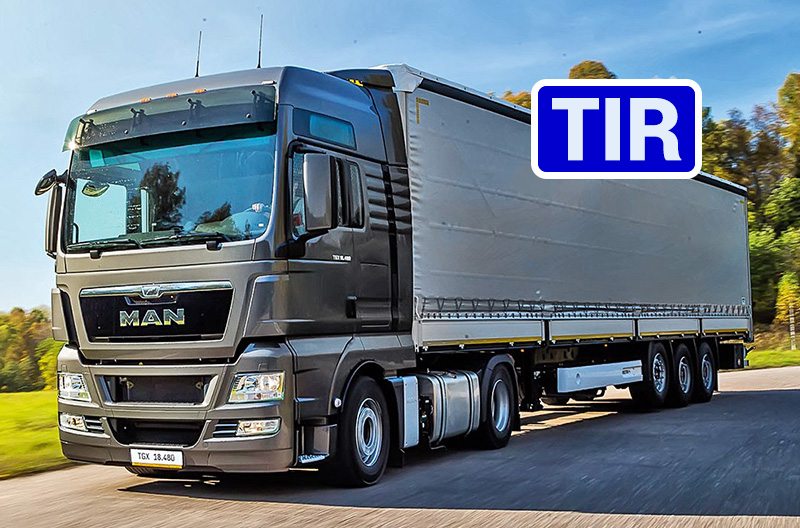Did you ever think about what means TIR signs on trucks that travel international road routes?
TIR is an international customs transit system that facilitates the movement of goods across borders. It is administered by the United Nations Economic Commission for Europe (UNECE) and is governed by the TIR Convention, a legally binding international treaty that has been ratified by over 70 countries.
It originates from the French expression “Transports Internationaux Routiers”, which means International Road Transport in English.
The TIR system allows for the seamless transportation of goods across international borders without the need for customs clearance at each border crossing. Instead, customs duties and taxes are paid at the point of destination, providing a more efficient and cost-effective way to transport goods internationally.
The TIR system was first developed in the aftermath of World War II as a way to facilitate the reconstruction of Europe and the rebuilding of international trade. The TIR Convention was signed in Geneva in 1950 and entered into force in 1959. It has since been amended several times, most recently in 2010.
The TIR system is used primarily for the transport of goods by road, although it can also be used for rail and combined transport (road and rail). It is used for a wide variety of goods, including manufactured products, raw materials, and perishable goods.
In order to participate in the TIR system, carriers must be approved by the relevant national authorities and must use approved vehicles equipped with TIR carnets, which are internationally recognized customs documents that serve as a guarantee for the payment of customs duties and taxes.
Overall, the TIR system plays a vital role in the global logistics industry, helping to streamline the international transport of goods and supporting the growth of international trade.


Leave a Reply